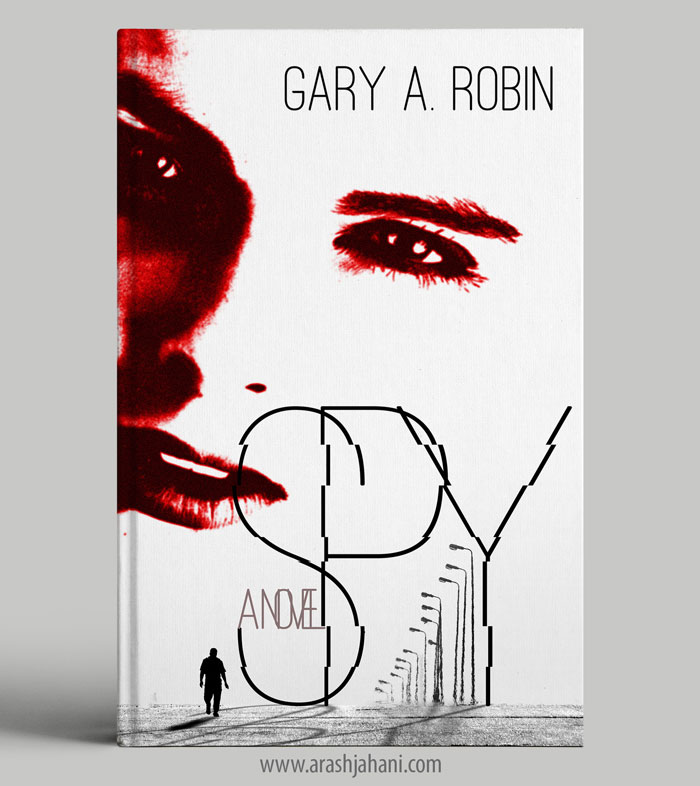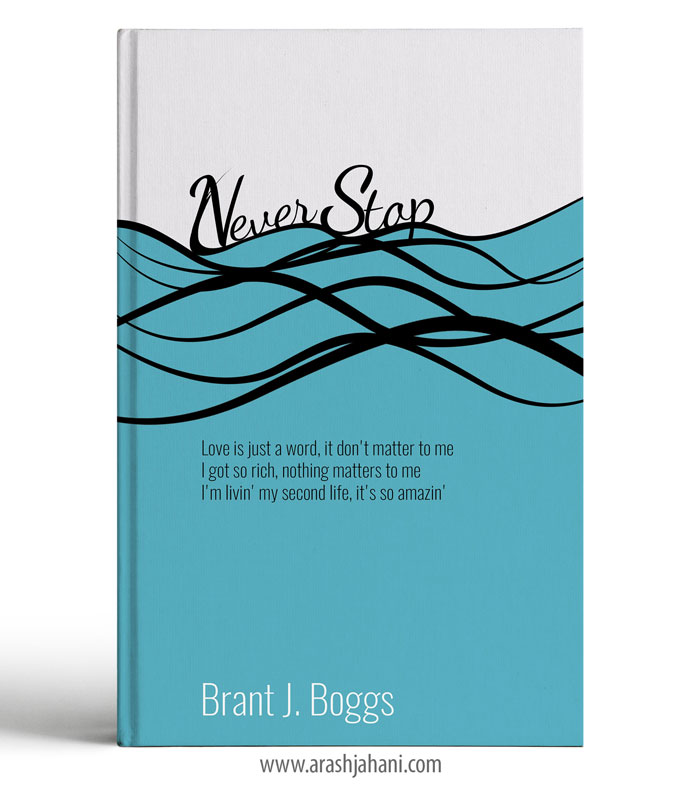Tips for self-editing your novel
Congratulations!
After all of those grueling hours of work you have finally finished your first phase of book, writing, and it’s really good. Your story is now one step closer to being read by people all around the world. But for now, just sit back and relax for a while because the next phase is editing everything.
Tips for self-editing your novel:
Self-Edit
I strongly suggest you ask a professional editor for this step because editing is just as important as writing, but even in this case, it would be better to self-edit to prevent sending a manuscript full of mistakes to your editor. The cleaner your manuscript is before sending it to an editor, the less you will pay and less time will be spent by the editor fixing small grammatical and punctual errors.
Editing is time-consuming and tiring but keeps in mind that during editing and learning how to correct your mistakes you are growing to be a better writer.
Francine prose “With so much reading ahead of you, the temptation might be to speed up. But in fact, it’s essential to slow down and read every word. Because one important thing that can be learned by reading slowly is the seemingly obvious but oddly underappreciated fact that language is the medium we use in much the same way a composer uses notes, the way a painter uses paint. I realize it may seem obvious, but it’s surprising how easily we lose sight of the fact that words are the raw material out of which literature is crafted.”
If you’re ready to self-edit your book, these tips are helpful for book editing.
-
Take a break
Put your manuscript aside for a while, let it settle, enjoy your self, let your mind be relaxed and free from all thoughts about your book, you did a great job and you deserve a break.
When we have been writing for a long time we are so deep into the story that it’s hard to see its flaws, so you need to stay away from it and let your mind relax for a while and switch from a creative mindset to an analytic one. After a week or two, when you come back to your book, it seems like you are reading it for the first time, so criticizing and looking at your work gets much easier.
-
Listen to your manuscript
This is what I do, I read my book aloud and record it, so I have this chance to read it once and after some days later I can hear it again. there is another option to hear your book, actually, the way that is set for blind people, Press “Windows+U” on your PC and click “Start Narrator”
l strongly urge you to fix the whole story first. listening can help you through this stage, then in the next listening focus on other things like typos.
For making sure that you have a strong plot, I highly recommend The Plot Whisperer book.
-
It’s time to subtract not to add
You added enough of good words, now it’s time to subtract and focus on trimming and summarizing your manuscript.

During revision, try not to use passive voice a lot, and eliminate unnecessary fluff and fillers. Make sure to consider your audience and edit according to their reading level. Use common vernacular for dialogues- no one talks like that in real life!
It’s better not to use lots of adverbs to show all of your characters’ feelings. My experience of reading novels (not writing) has taught me that the only thing that helps you imagine and illustrate a scene, is good and strong sentences, not adverbs, a strong sentence can bring you to the moment of feeling the situation and you don’t need to use adverbs to show how shocking or surprising or sad your character was. Instead of having lots of ten-dollar words, use common words that people usually use in their everyday talking.
-
Searching
If you are talking about specific job or science, medical problems or technology, don’t guess about them and make sure that you have searched and know enough about them because it looks more professional.
-
Small Talks
Avoid small talks that are not necessary and relevant to the whole story.
-
Search for troubling words
To help you consider what your troubling words might be, here’s a good starting list, excerpted from the first chapter of Grammar Girl’s Quick and Dirty Tips for Better Writing: (by thewritelife.com)
a lot/alot
affect/effect
can/may
further/farther
good/well
i.e./e.g.
into/in to
it’s/its
lay/lie
less/fewer
that/who
their/they’re/there
then/than
who/whom
your/you’re
-
Use “find” and “replace”
I use a find-and-replace search to fix my typos. In Word, you can
type two spaces in “find” and one space in “replace” and hit enter.
Type a coma in “find” and a comma and space in “ replace” to separate all the words stick to the comma, you can do the same thing for full stops too.
Type two spaces in find and one space to replace to get rid of all unwanted double spaces.
-
Learn more about grammar and punctuation
Although you may know how to use a comma, semicolon, period and so on, it’s always good to learn more about punctuation
- Run spell check or use an automated editing program
- Beta Readers and freelance editors
You need other people’s opinions about your book, step back, frame your work and let others criticize you and give you their feedback. They can be beta readers, your friends, and family, or freelance editors. Be open to their ideas, do not get anything personally, and keep this in your mind that you are getting better and better with listening and fixing. You may send the manuscript to this people, fix it, and send it back again for several times until you feel that you have done enough of re-read and revising, but be careful about over-editing.
It’s so helpful to be in touch with other writers, in a local writers group or online groups.
In the end, Book Cover
After editing, don’t forget that the content of your book, no matter how great and perfect it may be, requires a professional and attractive book cover for sale, so never self-design the book cover, contrary to the opinion of some experts in this field. and leave the cover of your book to a professional designer.
With the above explanations, if you are convinced that you can leave the design of your book cover to a professional designer, I suggest you visit my portfolio.
I am at your service to order the design of your book cover with unlimited revising.




